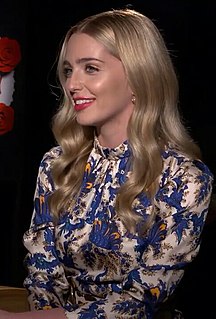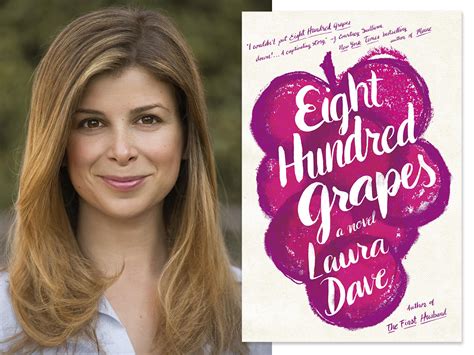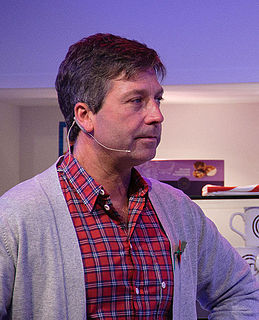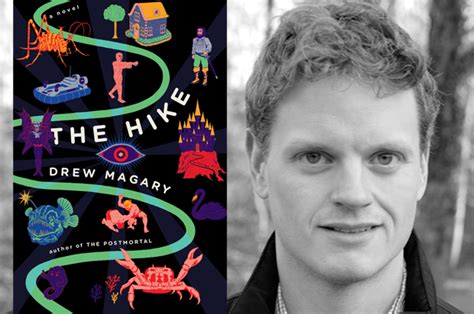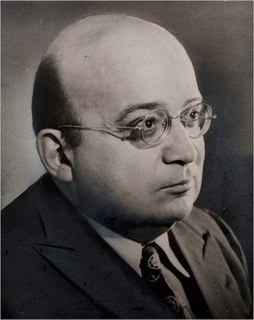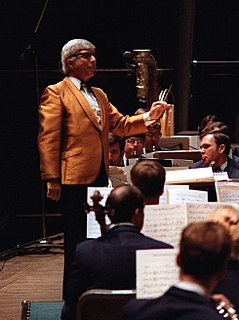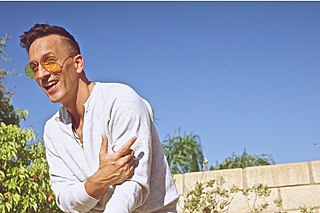A Quote by Jessica Rothe
When the movie 'Sliding Doors' came out, it almost sent me into existential crisis because I think about that all the time. Like, 'Wait. If I left my house five minutes later, maybe this would have happened and I'd be on this different track of my life. How would that affect me?'
Related Quotes
Josh had told me a long time ago that he had this theory that an entire relationship was based on what occurred over the course of the first five minutes you know each other. That everything that came after those first minutes was just details being filled in. Meaning: you already knew how deep the love was, how instinctually you felt about someone. What happened in their first five minutes? Time stopped.
We do want the freedom to move scenes from episode to episode to episode. And we do want the freedom to move writing from episode to episode to episode, because as it starts to come in and as you start to look at it as a five-hour movie just like you would in a two-hour movie, move a scene from the first 30 minutes to maybe 50 minutes in. In a streaming series, you would now be in a different episode. It's so complicated, and we're so still using the rules that were built for episodic television that we're really trying to figure it out.
If I wrote about "being [abstraction]" I would be ignoring existential issues (such as death, limited-time, the arbitrary nature of the universe, the mystery of consciousness) that I feel affect me most in my life and think about most of the time. Another reason is that it doesn't seem specific or accurate, to me, to write about "being [abstraction]." I think there are some other reasons.
At first when I heard about climate change, I was a climate denier. I didn't think it was happening. Because if there really was an existential crisis like that, that would threaten our civilisation, we wouldn't be focusing on anything else. That would be our first priority. So I didn't understand how that added up.
The idea for me came when I was watching a 60 Minutes segment about resveratrol, the chemical in red wine that lets you live longer, supposedly. And they were like, "Who knows, maybe one day it will help to cure aging." And I thought, "Well, if they did that, we'd all kill each other." And then I laughed, and then I thought about how precisely that would happen. That's how the book came to be.
I went through this kind of existential crisis. I was going through a breakup; I tore my ACL and my meniscus and had to have surgery, so I was out of school for a few months. Then my computer crashed, which was, like, my whole life. So when I came out of it, I started making music that, I think, was the most true to me.
You know what I was thinking about on my way home? How different my life would be if you’d made that gash a little deeper. Or how different yours would be if I’d vaulted myself off a roof nine years ago. Do you ever think about things like that? Like, if either you or I wouldn’t have made it, where would the other one be right now? It was something I thought about all the time: how death changes every remaining moment for those still living.
Losing Bogey was horrible, obviously. Because he was young. And because he gave me my life. I wouldn't have had a - I don't know what would have happened to me if I hadn't met him. I would have had a completely different kind of life. He changed me, he gave me everything. And he was an extraordinary man.
I remember when I was maybe 27 years old and kind of at the height of my movie stardom - it was around the time of the Oscar and this and that. I think I was very much believing my own hype, which how could you not? I was sitting with my dad, feeling great about my life and everything that was happening, and he was like, "You know, you're getting a little weird...You're kind of an asshole." And I was like, "What the hell?" I was totally devastated. But it turned out to be basically the best thing that ever happened to me.
